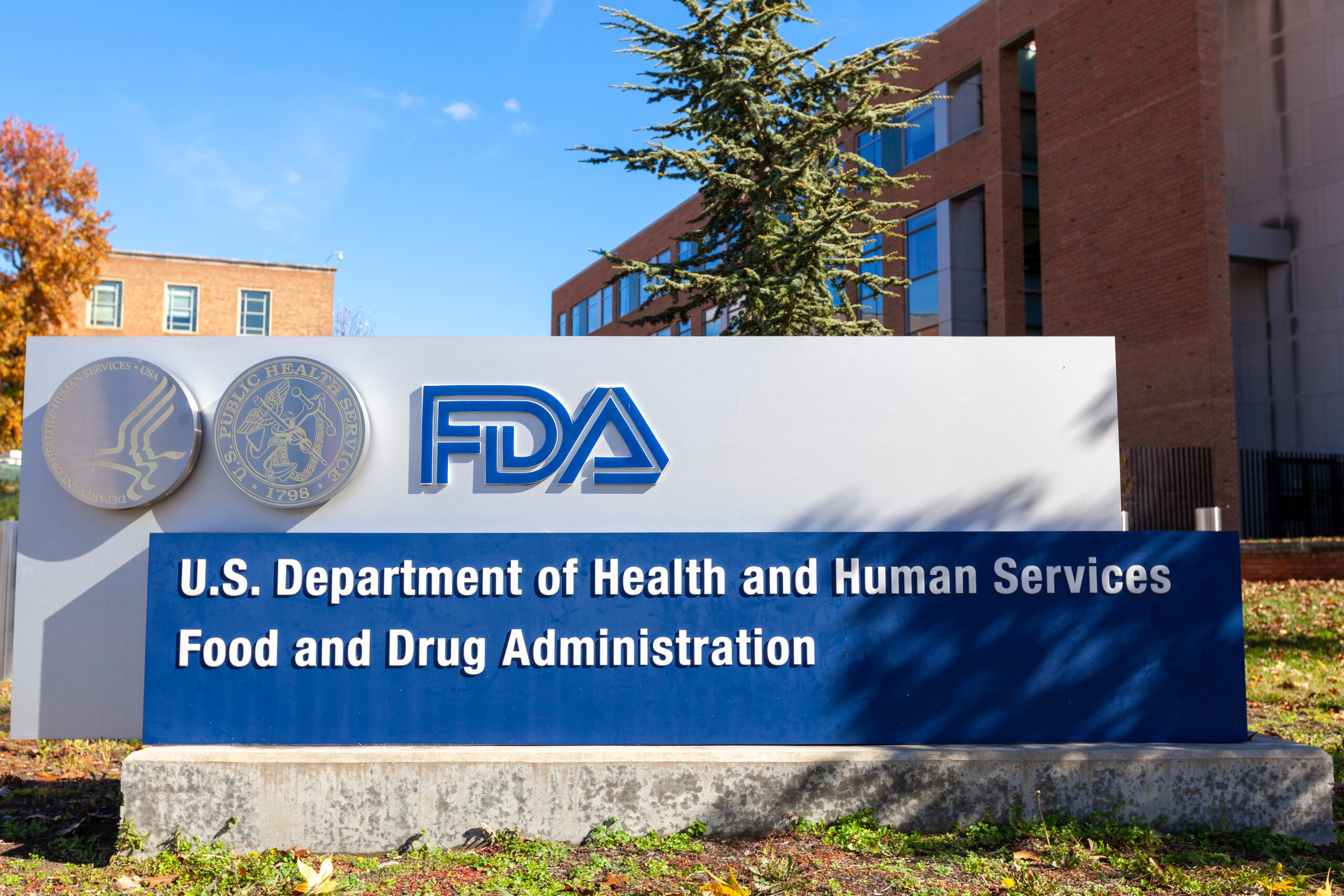According to research published in The Lancet, only three percent of heart disease patients worldwide, take the medications which could prevent further development of the disease. After experiencing a cardiac episode – such as a heart attack or stroke – many patients are prescribed a combination of four drugs: cholesterol-lowering drugs, blood pressure stabilizing drugs, aspirin and beta-blockers.
This treatment course is recommended for the prevention of a second attack, and can be up to 80 percent effective in doing so. In an effort to improve use of the drug combination, the World Health Organization (WHO) has set a goal of ten years – from now until 2025 – to make the medications available and affordable to at a minimum of 50 percent of the patients who need them.
According to the study’s authors, only three percent of patients take the four recommended medications, while 10% of those who have previously suffered a cardiac episode take three of the four drugs. The study – which was conducted between 2003 and 2013 – used price and availability data of cardiovascular drugs from 596 communities in 18 countries.
Dr. Mark Huffman, M.P.H., and an assistant professor of epidemiology and cardiology at Northwestern University said, “This is a really remarkable paper because it starts to describe the scope of limited availability and scope of cardiovascular medications on a scale that hasn’t been done before.” Heart disease represents the leading cause of death worldwide, and 2.5 million of those deaths could be prevented if access to these drugs was improved.
The problem identified by the research, is that the medications in question are either unavailable or unaffordable to many people in developing countries. “We’ve known for a very long time that they are effective and they’re produced generically, so it’s surprising that they’re not available,” said Dr. Rasha Khatib, a population health researcher at McMaster University in Ontario, Canada, and lead author of the study.
While more economically-stable countries had wider access to the drugs compared to countries with lower per capita incomes, the study found that only 33 to 50 percent of patients in the affluent countries get the cardio drugs they need. The gap in access to these medications was most pronounced in poorer countries between urban areas – where the drugs were more available – and rural zones.
In addition to the influence of availability and affordability, the researchers also found a lack of adherence to a dosing schedule among patients who had access to all four medications. Khatib said, “It’s mostly an adherence problem,” and points to the failings of healthcare systems in these countries.
Some research suggests that patient adherence can be improved, if the medications are provided free-of-charge. A study conducted at Harvard University in the US found that patients who experienced one heart attack were much more likely to take the medications prescribed to them if the cost was covered by the study investigators.
To improve access to, and affordability of the medications on a global scale, groups like the WHO will need to negotiate with drug developers and manufacturers. The strategy has been used with HIV drugs, which are now offered in some areas for free.
Sources:
- A combination of generic drugs can slash the risk of a fatal heart attack or stroke for high-risk patients. If they can get them. – http://www.healthline.com/health-news/stroke-and-heart-disease-patients-around-the-world-lack-access-to-effective-medicines-102115#1
- Khatib, R., McKee, M., Shannon, H., Chow, C., Rangarajan, S., Tea, K., Wei, L., Mony, P., Mohan, V., Gupta, R., et al. (2015). Availability and affordability of cardiovascular disease medicines and their effect on use in high-income, middle-income, and low-income countries: an analysis of the PURE study data. Lancet.












Join or login to leave a comment
JOIN LOGIN